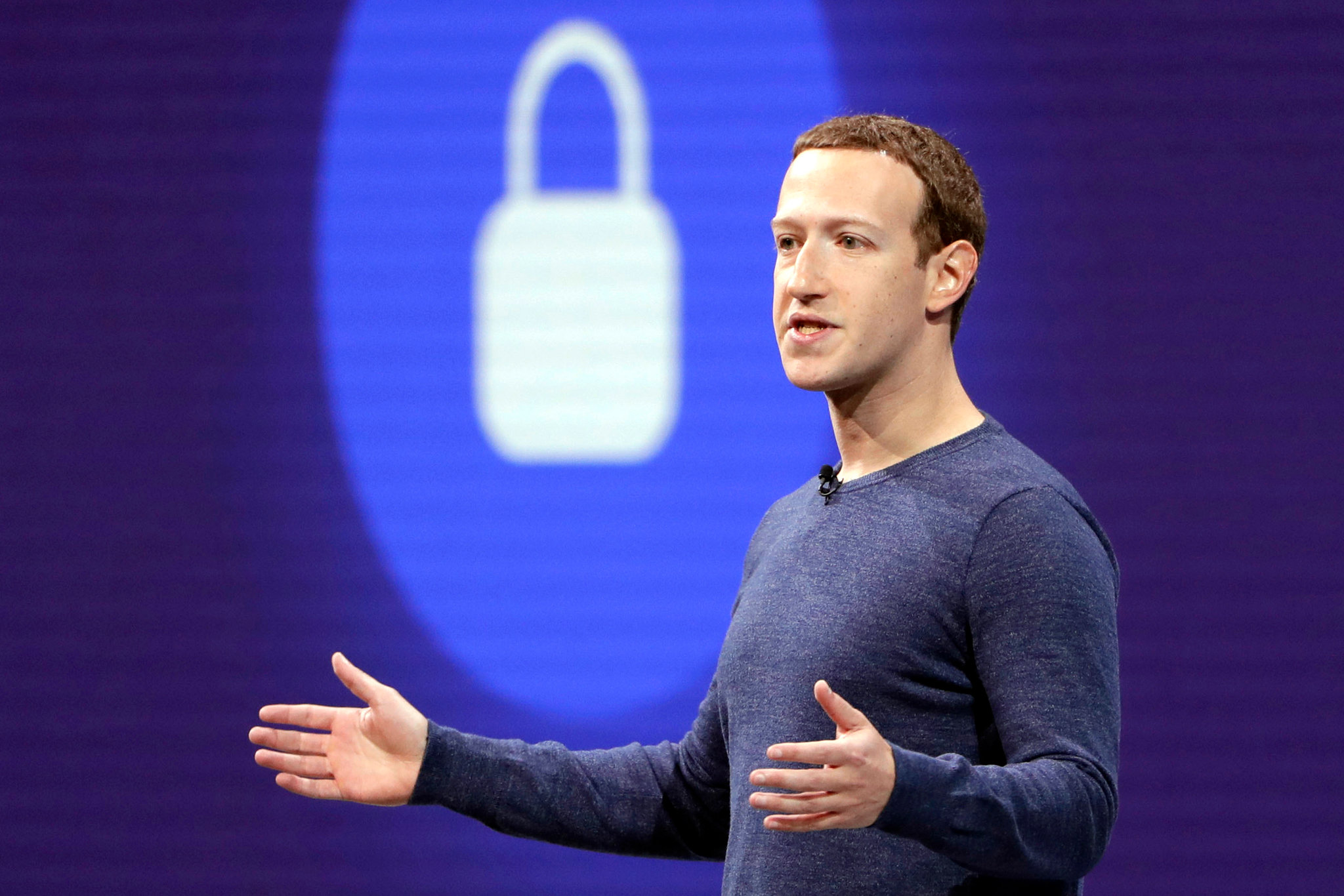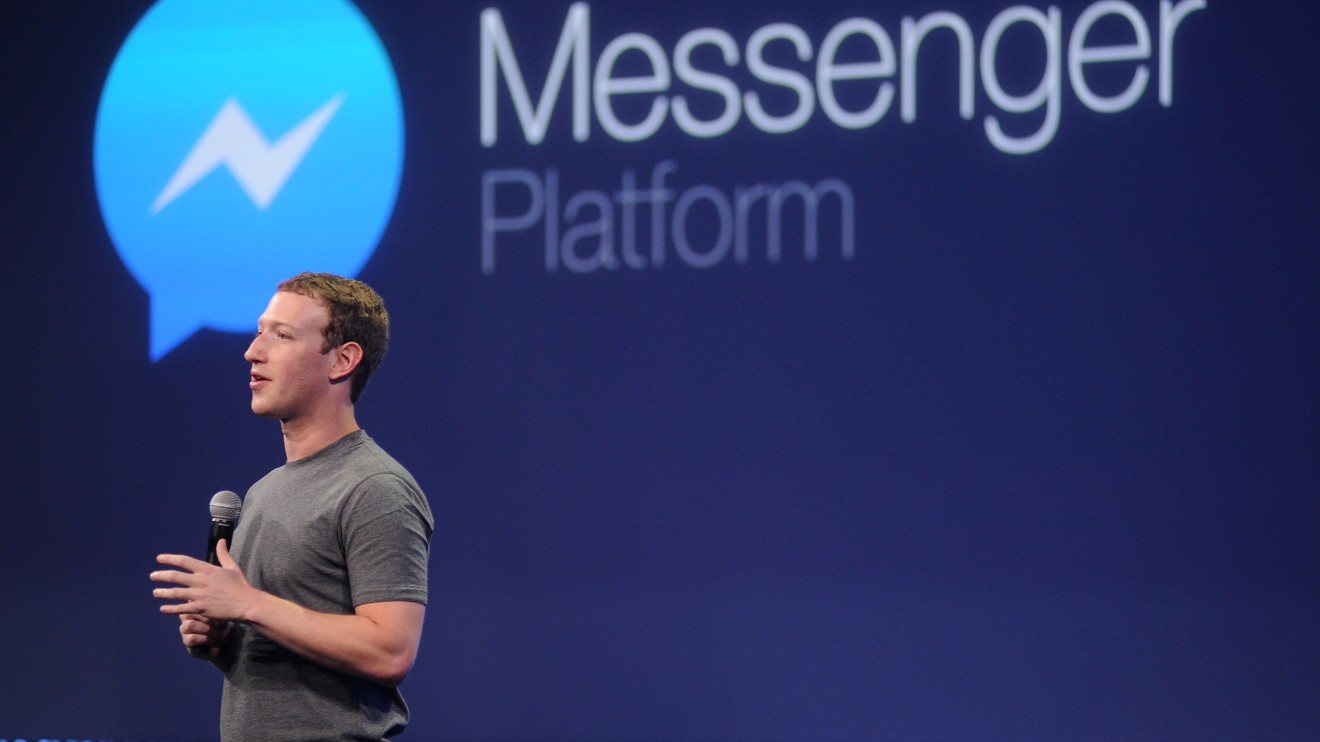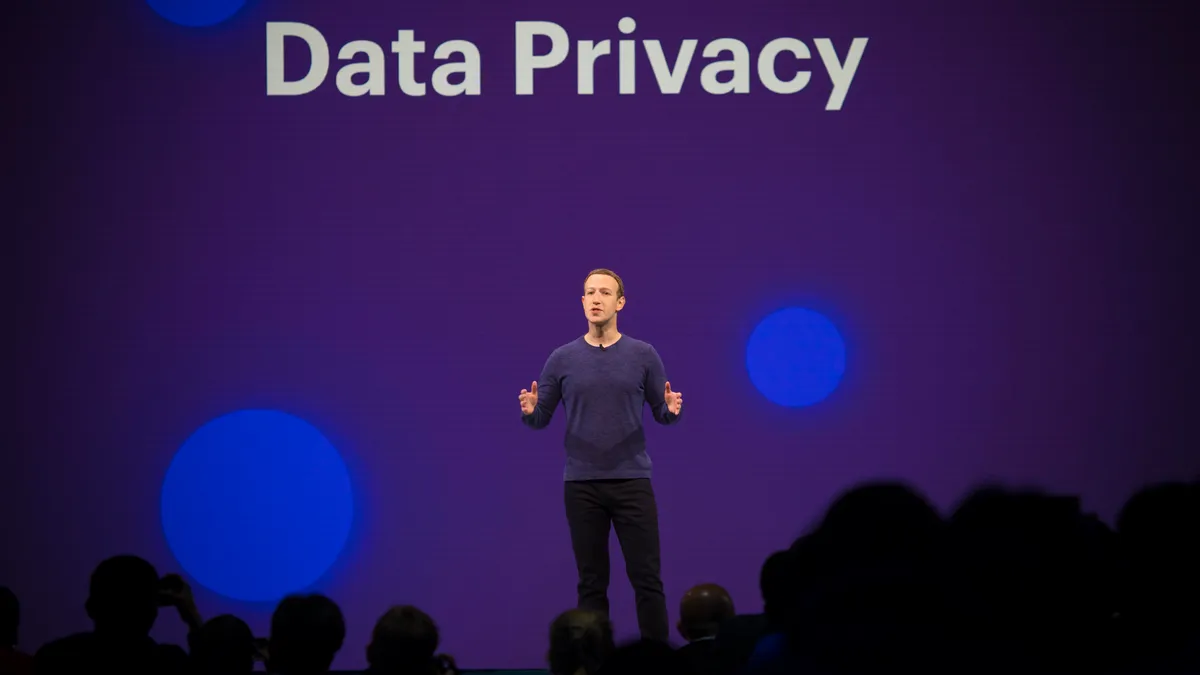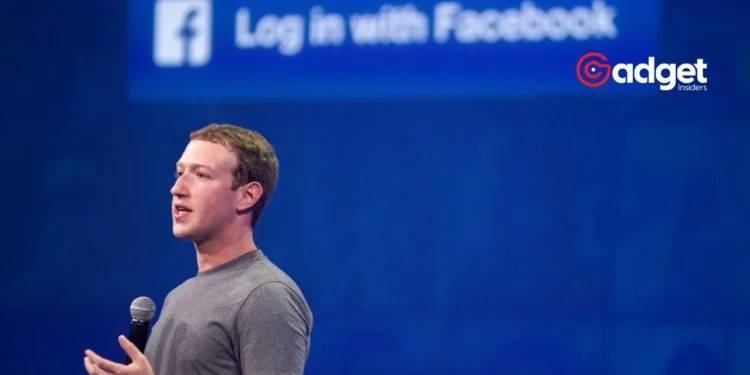In the rapidly evolving world of digital communication, Facebook has introduced yet another feature that redefines how users interact on its Messenger platform. Recently, Mark Zuckerberg, the driving force behind Facebook, now known as Meta, issued a crucial warning about a significant change to Messenger’s privacy features.

Facebook Messenger: Understanding Vanish Mode and Screenshot Alerts
The update involves what is referred to as “Vanish Mode,” a feature that allows users to set messages to disappear after a certain period.
This mode was first announced in November 2020 and is designed to let conversations be more fleeting, much like real-life interactions where words are spoken but not recorded. However, the twist in the story comes with the introduction of screenshot notifications within this mode.
UPDATE: Meta is now running Meta AI (powered by Llama 3) in the search bar of its 4 major apps
(Facebook, Messenger, Instagram and WhatsApp)
Here's every new feature it offers: pic.twitter.com/RKT9TDfjha
— AI Fire (@aifireco) April 19, 2024
Mark Zuckerberg showcased this new feature of Facebook through a personal demonstration with his wife, Priscilla Chan. During their conversation, Chan enabled disappearing messages, and then took a screenshot, triggering a notification in their chat.
This function serves as a deterrent against the preservation of messages meant to be temporary, ensuring users think twice before capturing digital content that was intended to vanish.

Mixed Reactions from the Community
“Vanish Mode” in Facebook Messenger has since become a topic of robust discussion among users. The ability to set a timer for messages to disappear from conversations—ranging from as few as five seconds to as long as 24 hours—provides flexibility and enhances privacy.
But it’s not without controversy. Some users have expressed concern about the implications of being notified after a screenshot is taken, questioning the overall benefit of such alerts.
The reactions from Facebook’s vast user base have been mixed. While some applaud the introduction of such privacy-centric features, others have voiced concerns about the potential for increased monitoring and control over their interactions.
A user humorously noted, “Zuckerberg is now going to show when someone took a screenshot of a convo… what a grass.”

Despite the divided opinions, the feature aligns with trends seen across other popular messaging platforms like Snapchat, which also allow messages to self-destruct after a set time. This highlights a growing industry standard aimed at protecting user privacy and making digital interactions more secure and personal.
A Step Towards Enhanced Digital Privacy or a Path to More Surveillance?
As Meta continues to roll out these features globally, the effectiveness and reception of these changes will likely continue to evolve. The introduction of screenshot notifications in disappearing messages could be seen as a step towards greater accountability in digital communication.
However, it also raises questions about user autonomy and the balance between privacy and oversight in online spaces. Zuckerberg’s initiative reflects a broader movement towards creating more ephemeral ways of communicating, where not every word is stored indefinitely.
Whether this will lead to more prudent communication or just heightened paranoia remains to be seen. What is clear, however, is that in the realm of digital interaction, the only constant is change.









